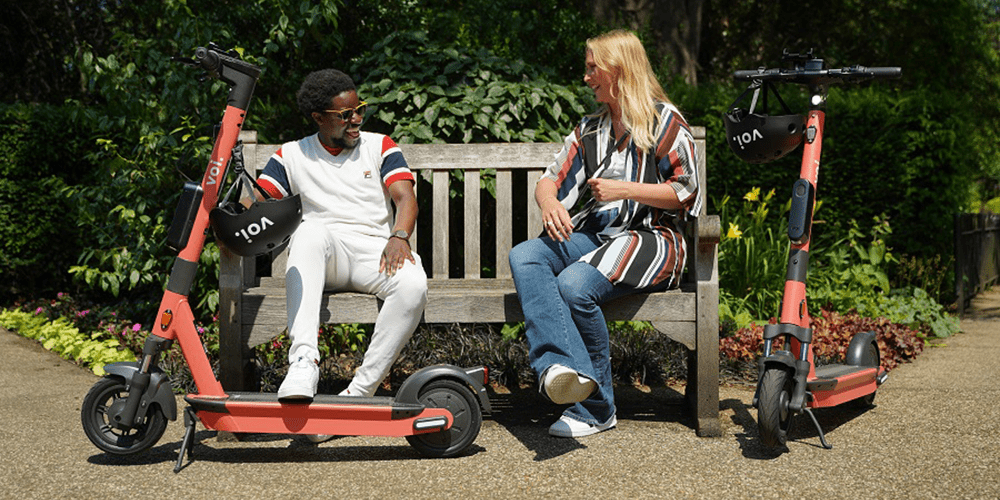Copenhagen to put an end to free-floating e-scooters
The Danish capital Copenhagen wants to ban rental electric scooters from 1 January 2021 in the city centre. They say the measure is primarily out of consideration for senior citizens because riders would scatter the light EVs in public spaces.
“It will no longer be possible to rent or park an electric scooter in the majority of Copenhagen’s most built-up areas from January 1st,” the city’s environmental and technical services department said in an email to AFP.
The ban will also affect the bridge districts in Copenhagen, the Mayor of Technology and the Environment, Ninna Hedeager Olsen (EL), announced. She reasoned that the city could use these public areas much better.
“It is a ban on them being able to be rented out from public areas, where we have to prioritize space. There can be benches, there can be outdoor seating and everything else,” quotes Politiken the local MP.
While it is unclear, whether these cannot co-exist, the ban would affect free-floating and/or on-street rental services. The Mayor pointed to the possibility of e-scooters being rented from stores and shops, where clients would need to return the kick scooters after use.
The measure needs to be approved by the municipal council but appears to enjoy support.
If approved, it will affect the business model of the electric scooter companies that have been running services in Copenhagen for some time, namely Lime, Tier and Voi.
The article in Politiken suggested that the companies had already decided to deliberately pull back from central public areas, after acknowledging problems with pedestrians and cyclists.
Voi has also closed its electric scooters at night to stop drunk driving on the electric vehicles.
Still, Ninna Hedeager Olsen believes, that the ban by law is required instead of letting the industry itself be responsible for that part.
“We have asked them at least a year and a half ago to show that they could steer these scooters that have been floating on the street for so long. So just about a week before we adopted these restrictions, they have found some solutions,” she told Politiken.
We have reached out to Voi, that runs the largest e-scooter fleet in Copenhagen with a request for comment that awaits reply.
The Swedish company has recently been seen to introduce extra safety measures as well as controls, also because their operation remains shut down in the English town of Coventry. Residents had similar complaints to those brought forward in Copenhagen, prompting the city to back away as reported.
Voi has recently laid out measures including “no-ride and slow-ride zones” based on revised geofencing which apply in Liverpool for example. Voi uses so-called ambassadors on the ground to provide support to prospective riders, at least in the UK.
They also consider introducing license plates on all scooters. “We think it is key to helping ambassadors spot rogue riders. It will also help the public to report people who ride dangerously or remove scooters from the trial zone,” says Voi.
Licence plates are not a requirement in the UK legislation, but they are in Germany. The country also underwent regulation on the go after allowing the small scooters to take to the streets earlier this year for the first time. The UK is in a similar process and will revise the new rules following the trials now taking place in many towns.
In Denmark, rental electric scooters as free-floating fleets took to the streets in 2019. They have since seen their share of debate as is the case in other countries following complaints about cluttering and other incidents.
thelocal.dk, politiken.dk (in Danish)





1 Comment